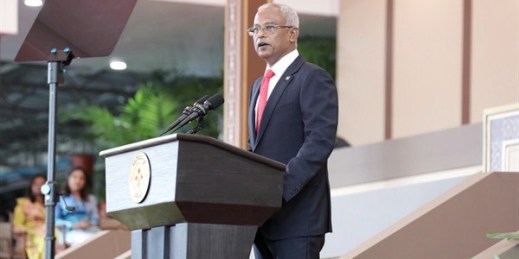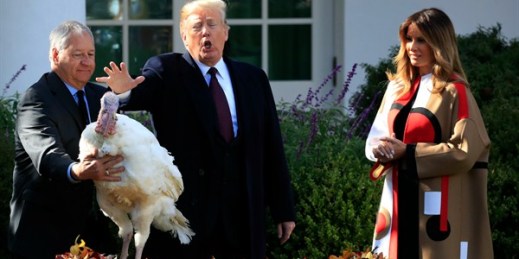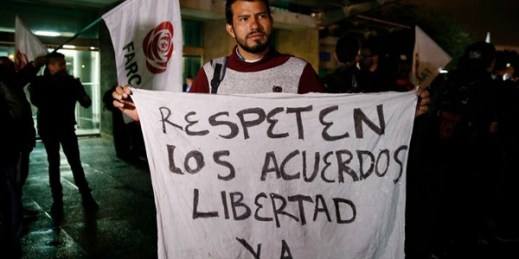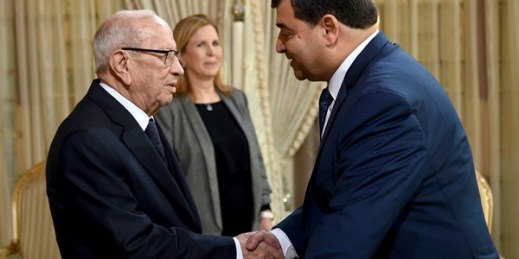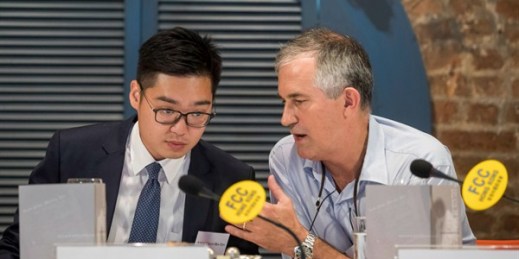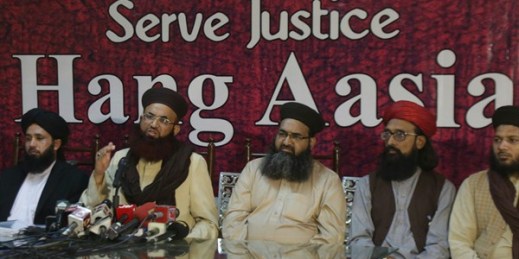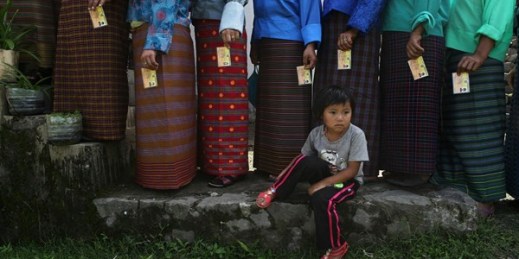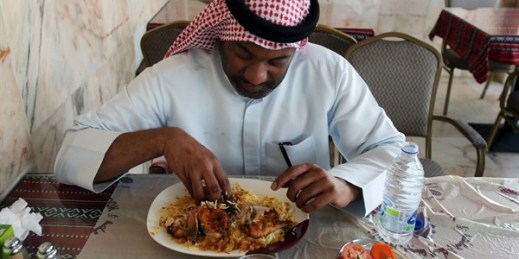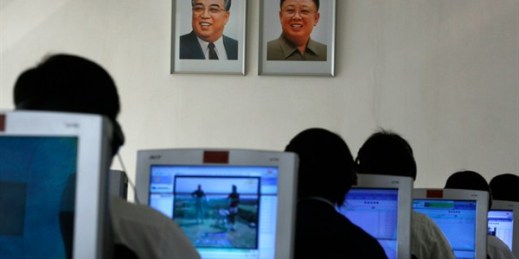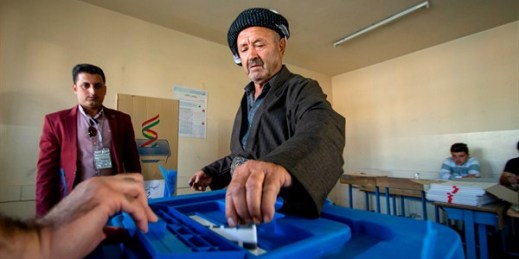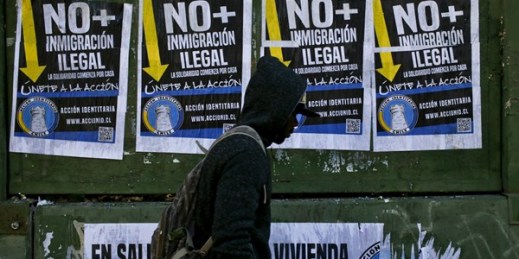
Editor’s Note: This article is part of an ongoing series on immigration and integration policy around the world. The Chilean government began sending Haitian immigrants back to Haiti this month under President Sebastian Pinera’s new “humanitarian repatriation program.” Two planeloads of Haitians have flown out so far under the policy, which provides a free ticket home for any Haitian immigrant who agrees not to return to Chile for nine years. According to Cristián Doña-Reveco, director of the office of Latino/Latin-American studies at the University of Nebraska Omaha, Pinera is making a populist appeal to rising anti-immigrant sentiment in Chile. In […]

